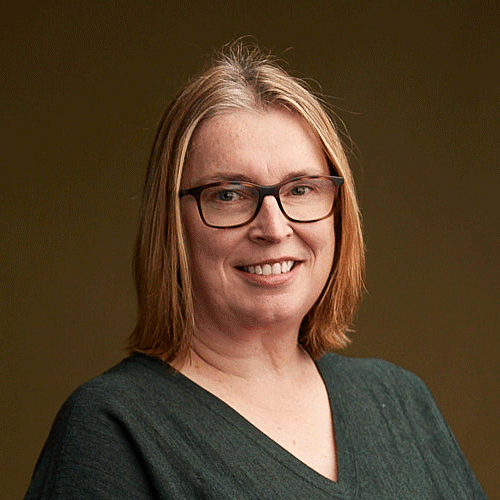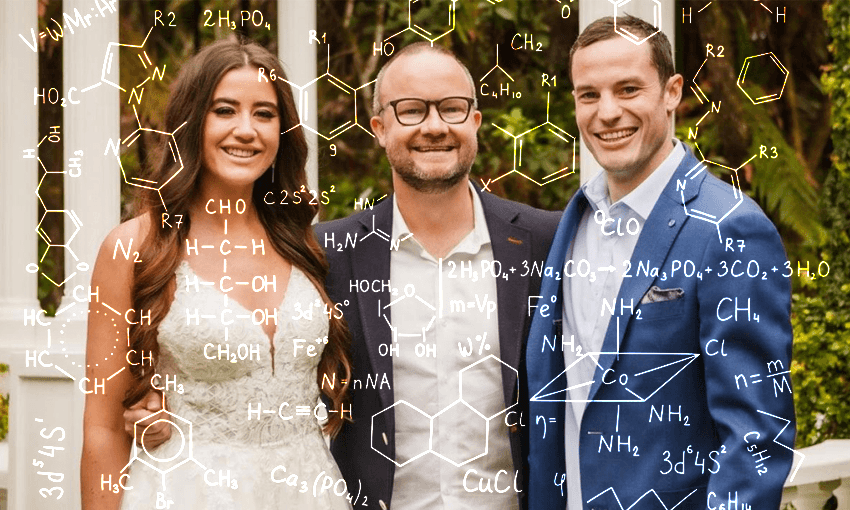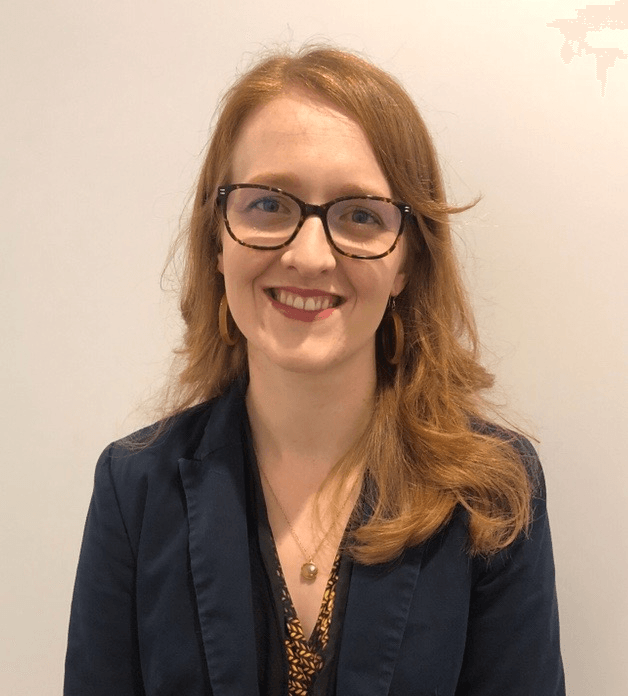If you don’t like Shortland Street, or you’re unconvinced that Michael Galvin actually is a doctor, does that mean all New Zealand television is rubbish? One newspaper columnist argued as much on Sunday. Tara Ward says an emphatic no.
The world is our TV oyster, but lately it seems not everyone in Godzone is feeling the love for New Zealand made television dramas. “Is Shortland Street the best we can do?” they thunder, shaking their fist at the sky as they clutch their Foyle’s War DVD firmly to their chest. “I don’t like Gloss or Go Girls!” they sulk, before unleashing the real killer: “I don’t believe Chris Warner is a real doctor!”
We just pierced the rotten core of our problematic television industry today, apparently. Dr Chris Warner, Shortland Street’s finest sperm donor and love machine, is only pretending to perform open heart surgery on his patients and therefore, all New Zealand television is a bit shit.
Shut the front door, hold the lift and wheel me into Dr Warner’s personal exam room, because I am fuming.
Chris Warner is the anchor of Shortland Street, quite literally, after he sang ‘Anchor Me’ during a Christmas cliffhanger episode. It was a quintessential Kiwi moment, as the warm summer wind blew through Rachel McKenna’s hair and everyone gathered on the deck at the Warner’s seaside bach. Grace Kwan wanted to have Chris’ babies and Rachel wanted to not have Chris’ babies, but through it all, Chris warbled and strummed the guitar with his happy surgeon hands. Then a bomb hidden under the balcony by dastardly nurse Josh exploded, ruining the moment and killing the beautiful Roimata, TK’s third dead wife.
I’m sorry, are you not entertained?
You bet Shortland Street is the best we can do. For nigh on 28 years, it’s churned out 110 minutes of drama, romance and medical misadventure every single week, and its progressive, dynamic storylines have gripped the nation. Remember when a truck drove through reception, or when Ellen and David’s baby died from SIDS? What about the time Sarah Potts carked it, or the helicopter crashed, or when Stuart ruined Lionel and Kirsty’s wedding? How about the arrival of the first trans character Blue, or the first civil union between Maia and Jay? Where were you when Drew nearly drowned in a poonami?
And the penis! We must never forget the penis.
But just like Chris Warner can both sing and rap, New Zealand television is more than just Shortland Street. In 2019 alone, we’ve been treated to a smorgasbord of smart, successful drama series like The Gulf, The Bad Seed, Fresh Eggs, Alibi, High Road, Ahikāroa, Ablaze, Jonah, Straight Forward and The Brokenwood Mysteries, as well as brilliant comedies like Wellington Paranormal, Golden Boy, Aroha Bridge, Mean Mums, and Educators. That’s not a bad effort for a country of under 5 million people.
We’ll never have the budget or population to pump out the same level of content as Britain or the US, but these shows are all filled with our voices, our histories and our jokes. They reflect who we are, just as Shortland Street does. It also proves there’s plenty of good Kiwi television to be found, if you want to find it. I once watched 18 episodes of a New Zealand show about two guinea pigs who went on a blind date, so trust me, it’s out there.
Of course Shortland Street isn’t perfect, but you don’t have to like the show to appreciate the incredible platform it gives our television industry. It’s a fast turnaround soap without the luxury of multiple takes and big budget storylines. Sure, the acting and writing can be a bit ropey sometimes, but that’s part of the show’s unique, endearing charm. It’s okay to love something that isn’t always perfect. I mean, Foyle’s War never included an alcoholic hospital CEO who fled the country yelling “I’m not made of fingers, Damo!” and frankly, it was much the poorer for it.
Like the lovesick women who keep marrying Dr Warner, you know exactly what you get with Shortland Street, and that’s why we keep coming back. It’s us, five nights a week. We’ve never had so much choice about what to watch, yet Shortland Street is the most streamed show on TVNZ OnDemand. It’s also “the show with the highest reach, the most locally watched, the show most watched on mobile and the most binged show on demand.” Unwatchable dishwater? I don’t think so.
Shortland Street is our well-oiled machine that keeps squeezing out iconic moments come hell or high poonami. When the Earth burns to single ember, Shortland Street will be the last flame to be extinguished. The world will end with Chris Warner sitting peacefully on his deck, the waves now lapping around his kneecaps, as he strums his guitar and watches the sun set on us all. What a way to go. Those were our people, today. That’s Chris Warner and his son’s penis, tonight.





